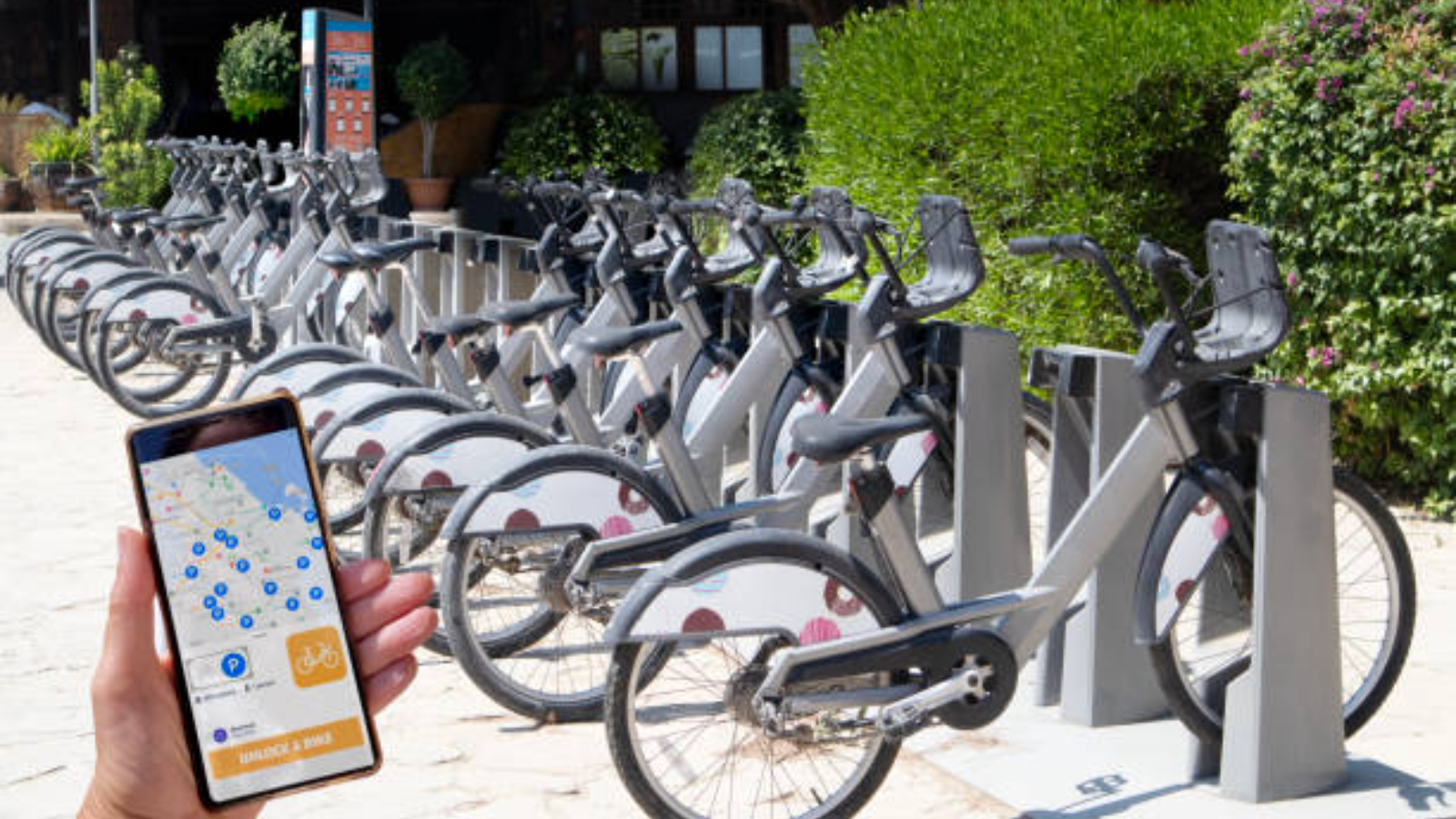In this Article
Introduction
In today’s rapidly evolving world, cities face numerous challenges, from managing urban growth to ensuring sustainable development and improving residents’ quality of life. Enter the concept of “Smart Cities,” where technology and data-driven solutions are leveraged to create more efficient, livable, and sustainable urban environments.
This article will explore how Smart City Connect can revolutionize urban living by integrating technology into the very fabric of our cities.
Smart City Connect
Smart cities use ICT to enhance services like energy, transportation, and utilities, reducing resource consumption and costs. The goal is to improve citizens’ quality of life through smart technology. Let’s explore how Smart City Connect fosters city-wide interconnectedness, efficiency, and sustainability.
1. Enhancing Urban Mobility
One of the most immediate benefits of smart city technology is its potential to revolutionize urban mobility. Traditional transportation systems often struggle with congestion, inefficiency, and pollution. Smart City Connect addresses these issues through:
- Intelligent Traffic Management Systems: These systems use real-time data to optimize traffic flow, reduce congestion, and minimize travel time. By analyzing data from sensors and cameras, cities can adjust traffic signals dynamically to improve the movement of vehicles and pedestrians.
- Public Transportation Optimization: Smart technology can enhance public transport by providing real-time updates on bus and train schedules, optimizing routes based on demand, and integrating different modes of transportation for seamless travel. This not only improves convenience but also encourages the use of public transport, reducing the number of private vehicles on the road.
- Shared Mobility Solutions: The rise of ride-sharing and bike-sharing services is another aspect of smart urban mobility. These services use mobile apps and GPS technology to connect users with available vehicles, promoting a more sustainable and efficient mode of transport.
2. Sustainable Resource Management
Smart cities are also at the forefront of sustainable resource management, addressing the challenges of resource scarcity and environmental degradation. Key initiatives include:
- Smart Grids and Energy Management: Smart grids use ICT to manage the production, distribution, and consumption of electricity more efficiently. They enable real-time monitoring and control of energy usage, integrating renewable energy sources and reducing wastage.
- Water Management Systems: Advanced sensors and data analytics can monitor water quality, detect leaks, and optimize water distribution networks. This ensures a reliable supply of clean water while minimizing waste and reducing costs.
- Waste Management Solutions: Smart waste management systems use sensors to monitor waste levels in bins and optimize collection routes. This reduces the frequency of collections, lowers operational costs, and minimizes the environmental impact of waste disposal.
3. Improving Public Safety and Security
Smart cities leverage technology to enhance public safety and security, creating a safer environment for residents. Key strategies include:
- Surveillance and Monitoring Systems: Advanced surveillance systems use high-definition cameras and artificial intelligence to monitor public spaces, detect suspicious activities, and respond to incidents in real time. This helps in preventing crime and ensuring a swift response to emergencies.
- Emergency Response Systems: Smart cities use technology to improve emergency response times and coordination. Real-time data from various sources, such as traffic cameras and social media, can be used to assess situations and deploy resources more effectively.
- Community Engagement Platforms: Digital platforms allow residents to report issues, provide feedback, and stay informed about safety measures. This fosters a sense of community and encourages active participation in maintaining public safety.
4. Enhancing Quality of Life
Ultimately, the goal of Smart City Connect is to enhance the overall quality of life for residents. This is achieved through:
- Smart Healthcare Solutions: Telemedicine, remote monitoring, and health data analytics improve access to healthcare services and enable personalized treatment plans. This is particularly beneficial for elderly residents and those with chronic conditions.
- Smart Education Systems: Technology-enhanced learning environments provide students with access to digital resources, interactive content, and personalized learning experiences. This prepares them for the demands of the modern workforce.
- Digital Inclusion Initiatives: Smart cities strive to bridge the digital divide by providing affordable internet access and digital literacy programs. This ensures that all residents can benefit from the opportunities offered by the digital age.
Conclusion
Smart City Connect represents the future of urban living, where technology and data-driven solutions create more efficient, sustainable, and livable cities. By enhancing urban mobility, managing resources sustainably, improving public safety, and enhancing the quality of life, smart cities can address the challenges of modern urbanization and create a brighter future for all
How Can We Help?
At AlphaX, we understand the complexities and challenges of creating smart cities. Our ecosystem provides comprehensive solutions tailored to the unique needs of each city. From intelligent traffic management systems to sustainable resource management and public safety enhancements, our technology can help your city become smarter and more connected.
Contact us today to learn more about how we can help your city achieve its smart city goals.
References
Related Blog Posts
How Smart Cities Connect: Getting Started with Edge AI and IoT Technology
How to Get Started with Edge AI and IoT Technologies in Smart Cities: Overcoming Integration Challenges In recent years, the concept of smart cities has evolved from a futuristic Read More
5 Step Strategy: Ensuring Security and Privacy in 15-Minute Smart Cities
Introduction Ensuring security and privacy in 15-minute smart cities is a critical challenge as urban areas become increasingly connected through IoT and edge AI technologies. These cities aim to Read More
What is a smart city and the challenge of legacy systems
How to Get Started with Integrating Legacy Systems in Smart Cities Smart cities are transforming urban landscapes by leveraging technology to improve the quality of life for residents. However, Read More




